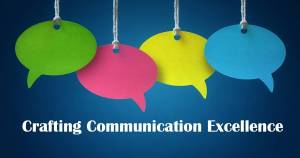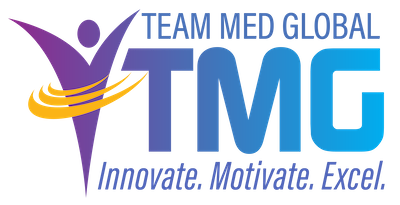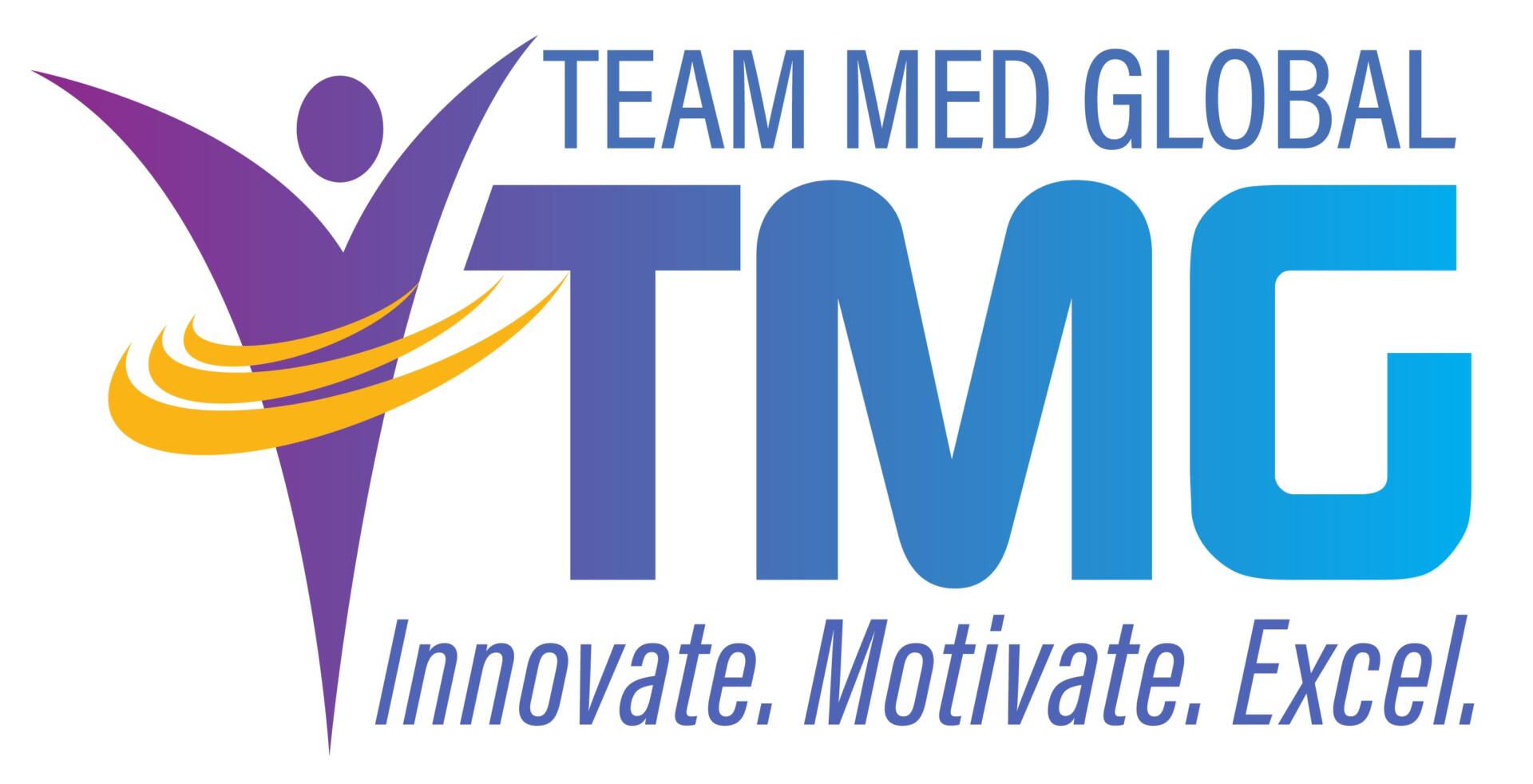 In the structured world of healthcare administration, Medical Services Professionals (MSPs) are at the heart of organizational communication. An MSP’s role demands a level of communication finesse that can navigate the complexities of medical regulations, staff coordination, and administrative tasks with ease and precision. That’s why the art and science of communication is critical in TMG’s Executive MSP Core Competency Model.
In the structured world of healthcare administration, Medical Services Professionals (MSPs) are at the heart of organizational communication. An MSP’s role demands a level of communication finesse that can navigate the complexities of medical regulations, staff coordination, and administrative tasks with ease and precision. That’s why the art and science of communication is critical in TMG’s Executive MSP Core Competency Model.
The Art of Technical Communication
As MSPs, the ability to convey complex information clearly and concisely is paramount. Technical communication involves things like creating understandable documentation for credentialing processes, policies, and procedures. Developing this skill requires a deep understanding of the subject matter and the ability to translate complex jargon into accessible language. Workshops, online courses, and peer review sessions can be invaluable in honing this ability, ensuring that documents are not only accurate but also comprehensible to all stakeholders.
Mastering Active Listening
Active listening goes beyond hearing words; it involves interpreting the message, considering its implications, and responding thoughtfully. As MSPs, this skill is vital when collaborating with healthcare administrators, insurance representatives, and regulatory bodies. Active listening can be practiced through role-playing exercises and reflective listening sessions, where MSPs repeat back what they’ve heard to confirm understanding. This skill ensures that all parties are aligned, which is crucial for the smooth operation of medical staff services.
Navigating Digital Communication
In today’s digital age, proficiency with electronic communication tools and platforms is non-negotiable for MSPs. From email etiquette to managing online databases, the digital communication landscape is vast. Regular training on the latest software and platforms, coupled with best practices for digital correspondence, can elevate our ability to communicate effectively in the digital realm. This not only enhances our efficiency but also ensures adherence to data protection and privacy laws.
Cultivating Emotional Intelligence
Emotional intelligence, the ability to understand and manage one’s own emotions and those of others, is a key component of effective communication. For MSPs, this can mean navigating the stresses and pressures of tight deadlines and regulatory compliance with grace and professionalism. Webinars on emotional intelligence can provide MSPs with the tools to manage stress, resolve conflicts, and communicate empathetically, fostering a positive work environment.
Benefits of Strong Communication Skills
The advantages of robust communication skills extend far beyond the immediate tasks at hand. Professionally, MSPs with adept communication abilities can create streamlined operations, reducing errors and enhancing compliance. This proficiency can position MSPs as leaders within our organizations, opening doors to career advancement and professional recognition.
On a personal level, effective communication fosters stronger relationships with colleagues, creating a supportive and collaborative work environment. It also enhances personal well-being by reducing misunderstandings and conflicts, leading to a more satisfying and less stressful work life.
As MSPs, strong communication skills are not just a job requirement; they are a cornerstone of professional success and personal fulfillment. As the healthcare landscape continues to evolve, so too will the communication challenges faced by MSPs. By committing to the continuous development of our communication skills, we can ensure not only our own growth but also the highest standards of healthcare administration. In the ever-changing healthcare sector, the ability to communicate effectively is what will distinguish the exceptional MSP from the average, marking a path filled with professional achievements and personal satisfaction.

